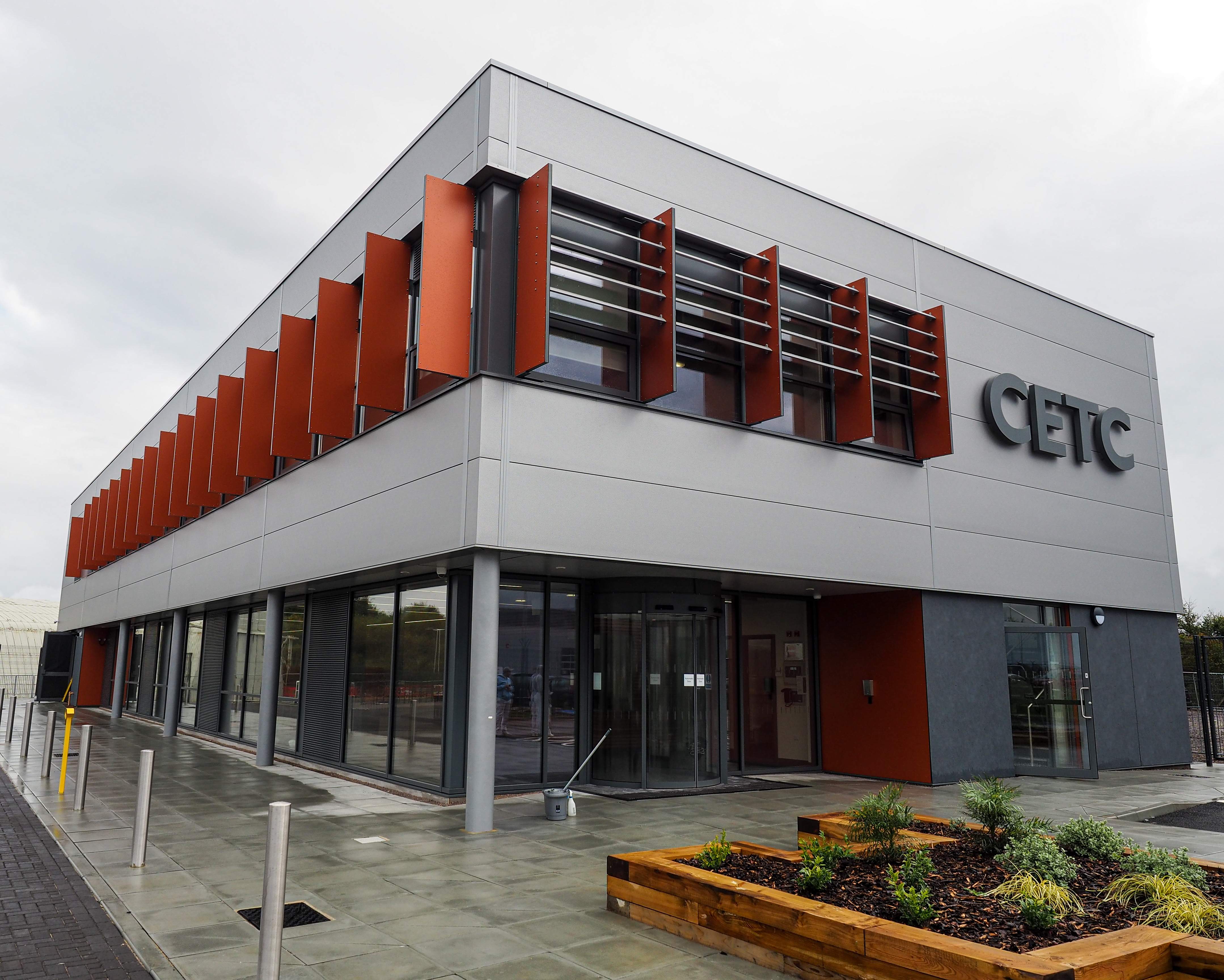
Home for the College’s pioneering Civil Engineering and Groundworks Apprenticeship (CEGA), CETC will deliver more than 1,600 groundwork and civil engineering apprenticeships in its first five years.
For a building contract of this size, in this sector, on an active business park with a shared access, within the proximity of the Fareham Innovation Centre, the Daedalus Airfield and the CEMAST site for Fareham College, the site logistics and methods of construction were key to the success, in terms of planning, quality and cost.
An LEP report (April 2016) recommended an approach to tackling regional and economic skills shortage stifling construction and civil engineering growth. In response a collaboration of 16 local civil engineering employers came up unique solution and established a regional Employer Group (SCEEG) in conjunction with Fareham College. This led to the design of CTEC and the a building contract that was a tribute to true collaboration within the industry – with one of the lead groundwork contractors acting as client as well as a subcontractor to us as Main Contractor.
CETC is the home of the pioneering Civil Engineering and Groundworks Apprenticeship. In the first five years CETC will deliver targeted outcomes to include, 1,665 apprentices at Levels 2-6, and 3,605 professional course places. The project is, and will continue to, improve outcomes for the industry as a whole.
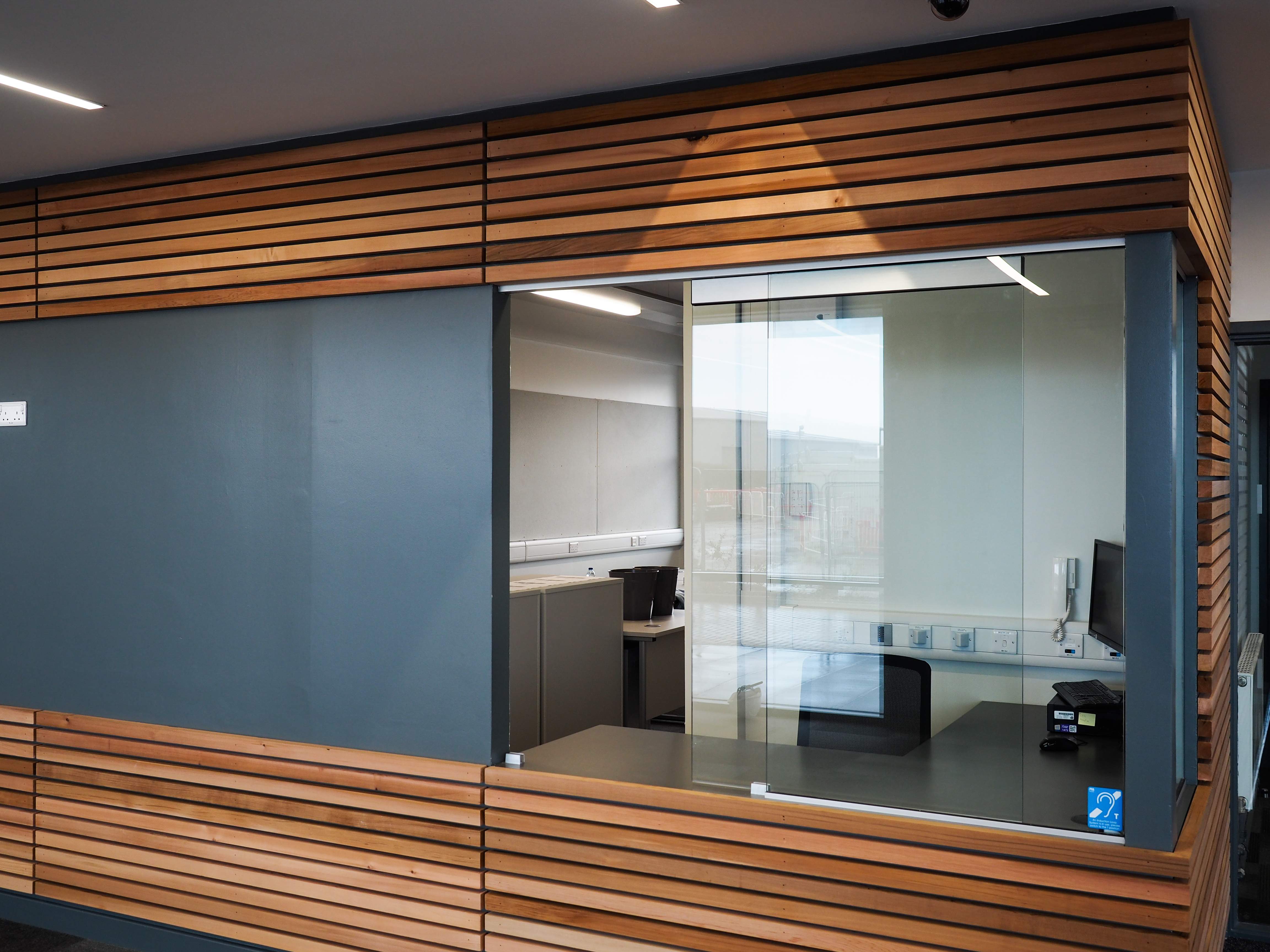
The project provides scope and capacity to prolongate the Initiative’s continued success. Including 1,008m² state-of-the-art facility, comprising indoor teaching space, as well as 5,000m² of live outdoor construction-site training space, and a 3,600m² CPCS Test Centre.
A key partner, is the area’s Local Enterprise Partnership (LEP), which recognised the Initiative’s potential to support its vision – the initiative secured over £2.8m of funding from the LEP to develop the Initiative and CETC build.
Graduates are guaranteed interviews for full-time employment, a competitive salary throughout training and bonus for completion. Essential certifications and licences are enhanced by support for developing core functional skills qualifications, if required, and onward career prospects.
Employers in the Initiative are part of an Employers’ Charter to ensure success - including upholding agreed conditions regarding the management and employment of apprentices and the contribution of resources, plant and equipment to support the tuition.
Amiri’s contract with the groundworkers is the epitome of collaboration; the project itself is an innovation- with the 16 local civil engineering Employer Group (SCEEG) forming 20% of the client team.
Amiri implemented a recycling awareness initiative on site. Sub-contractors sponsored a skip, reducing waste arriving to site and unnecessary waste being thrown out.
Engagement with the local Gosport Men’s Shed charity and use of a local wood recycling scheme meant that 7.80 tonnes² of wood was collected and made a saving³ of £268.40 – 59% of this high-grade reuse and 41% recycling.
CETC will work with partners to deliver industry leading approaches to the use of recycled materials in the sector.
The Initiative is becoming a model of best practice, with coalitions conducting fact-finding visits to observe and benchmark its potential as a transferrable solution.



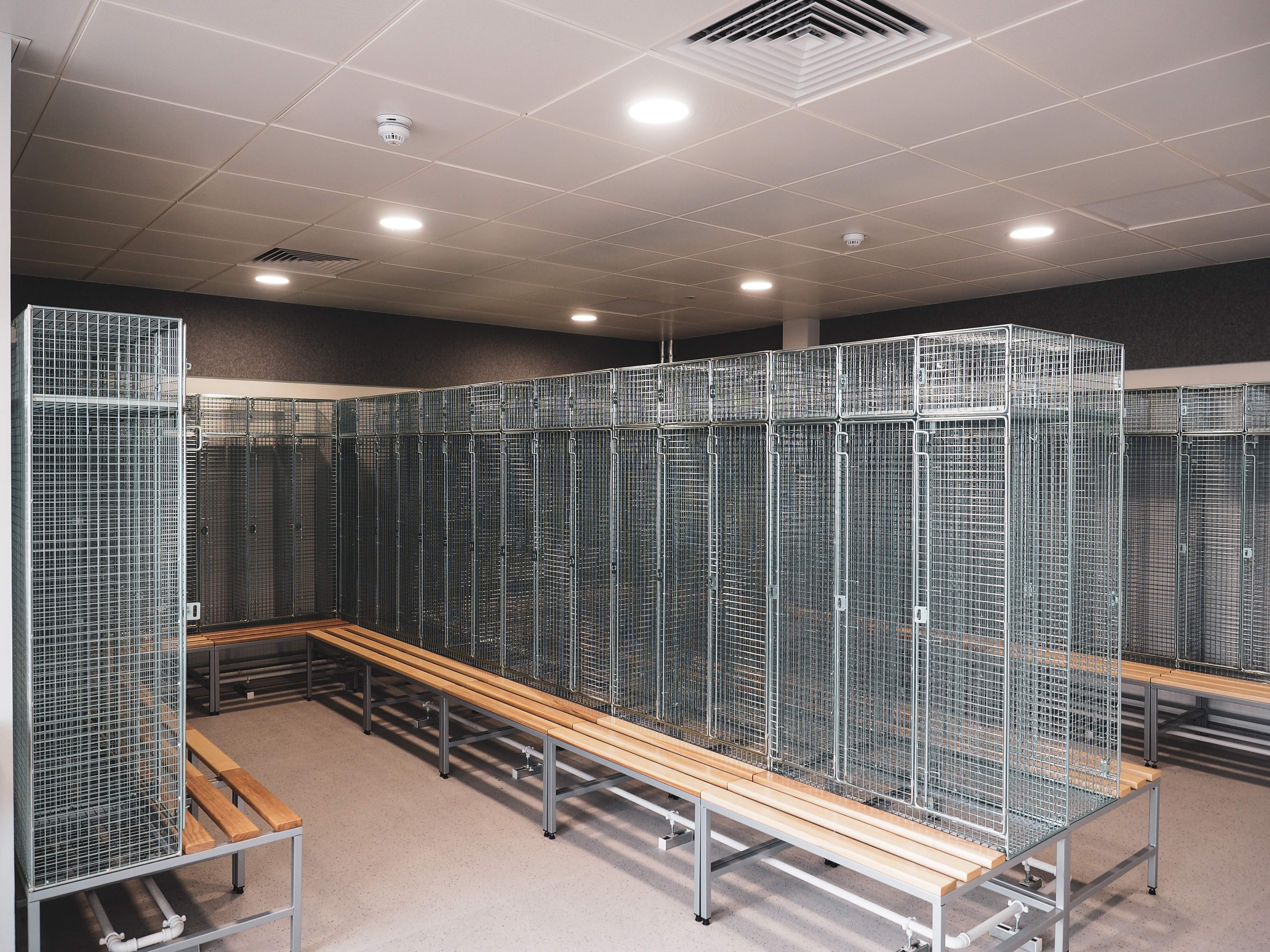
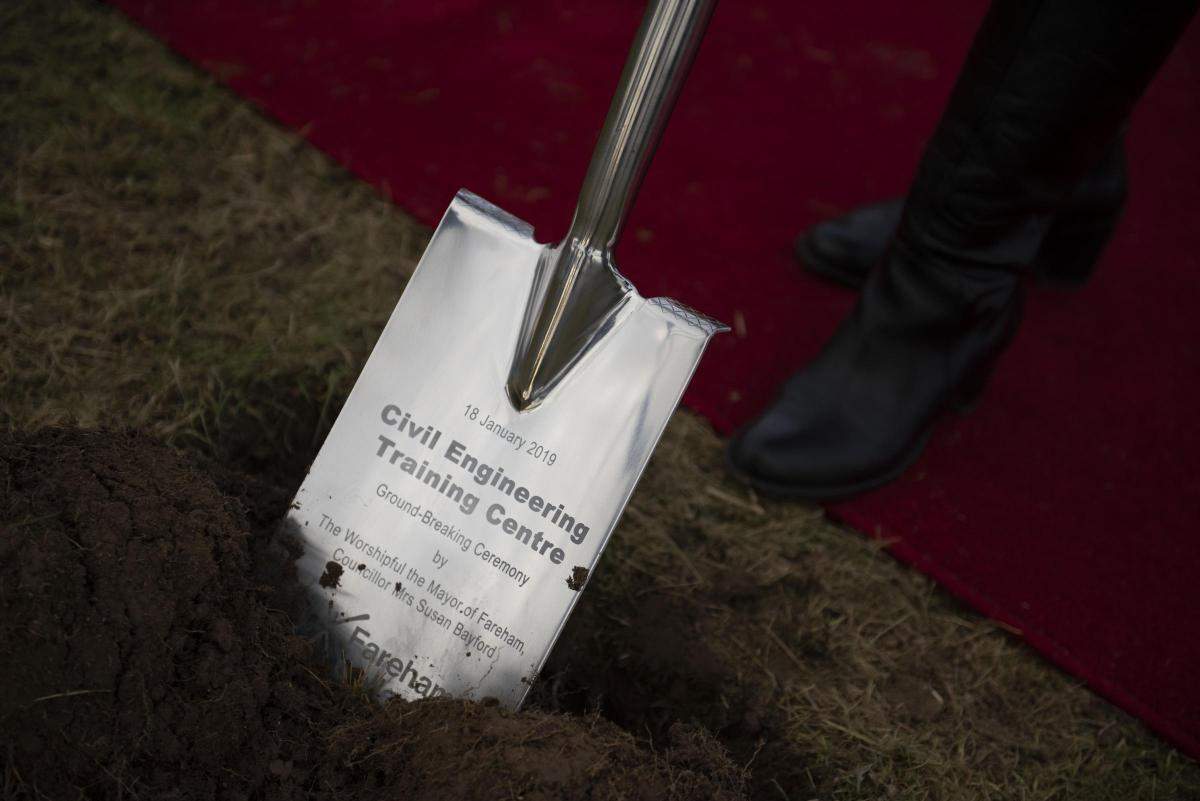
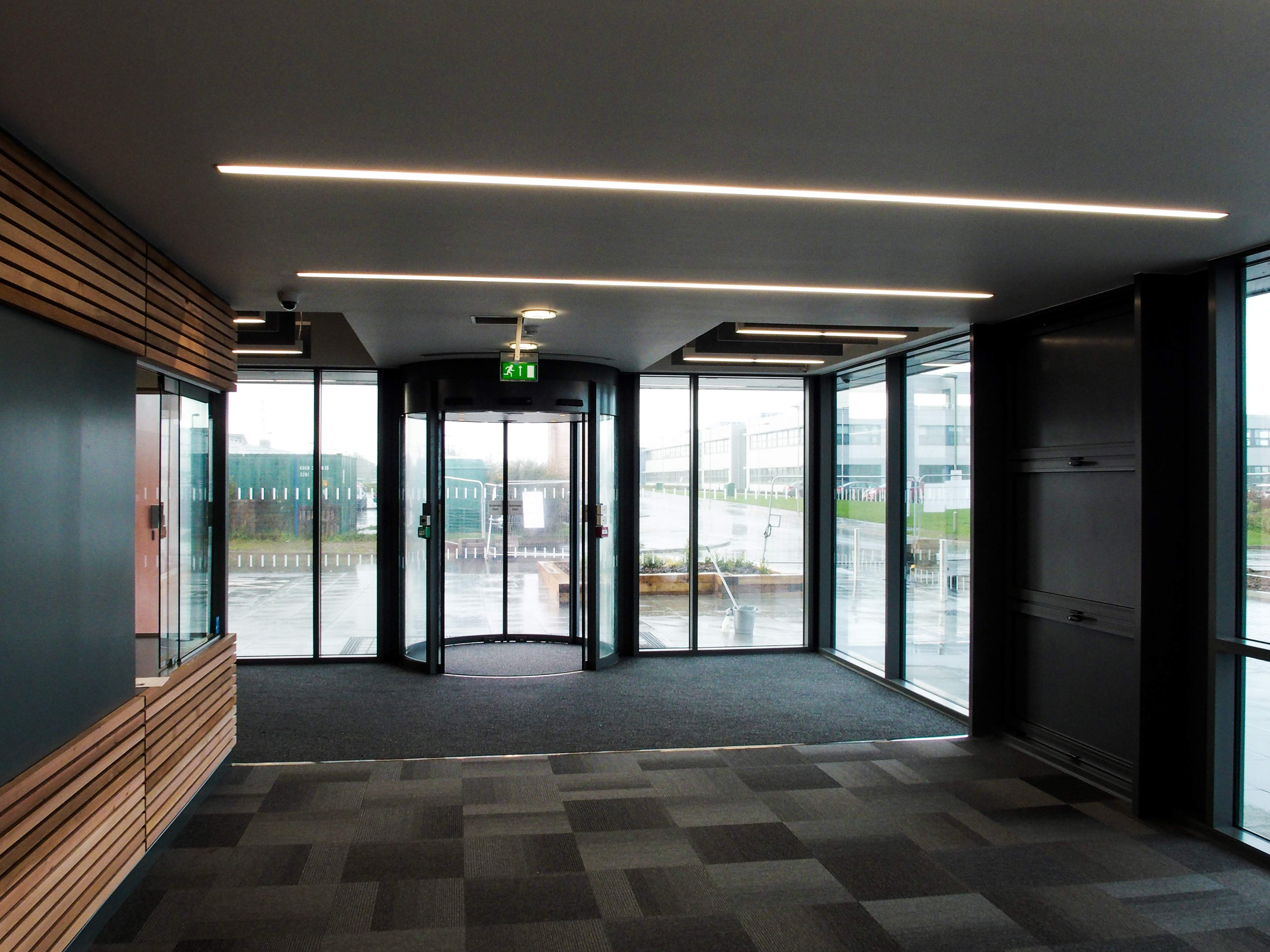
The initiative was cited in the House of Commons by Prime Minister Theresa May who, during Prime Minister’s Questions, congratulated it “on achieving excellent results and ensuring young people have the skills, training and education that they need for the jobs of the future, building a Britain of the future.”(December 2017)
